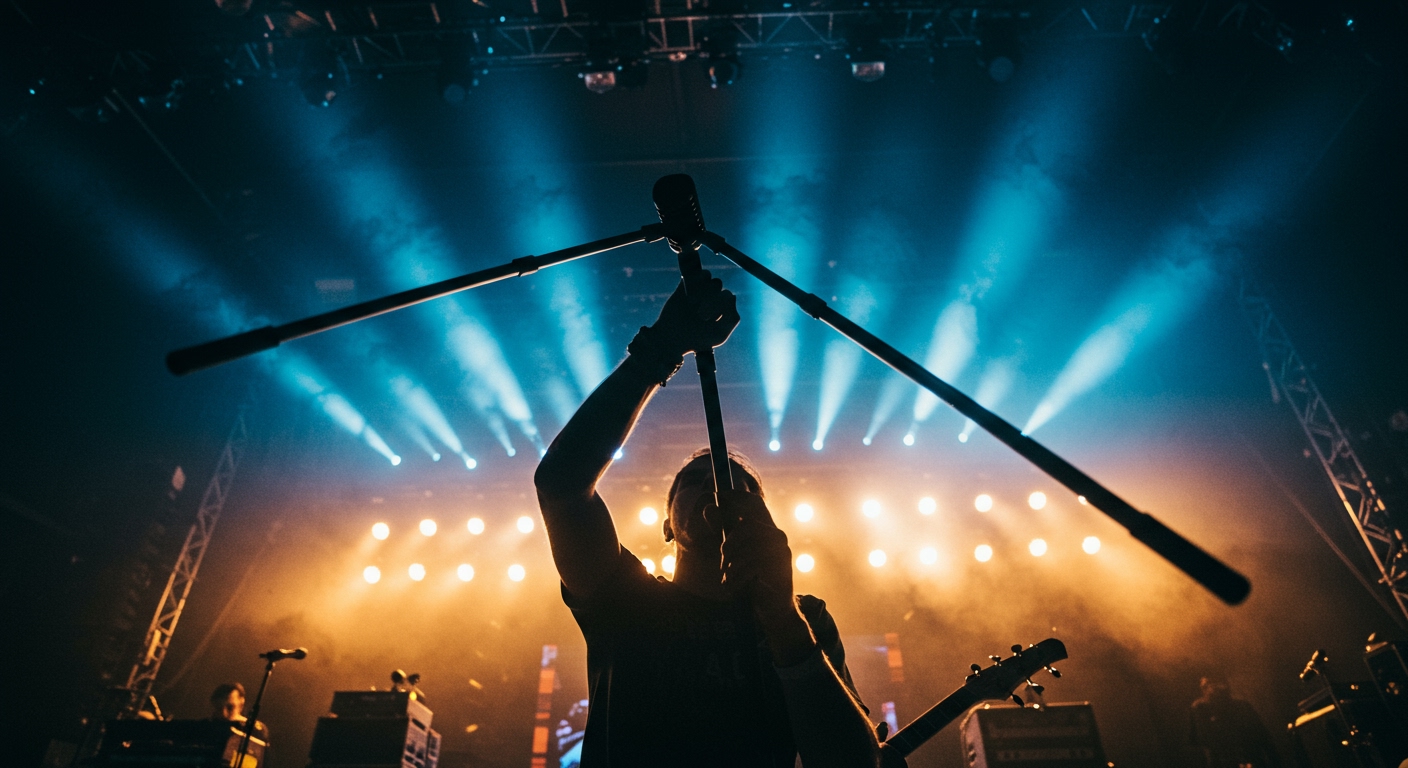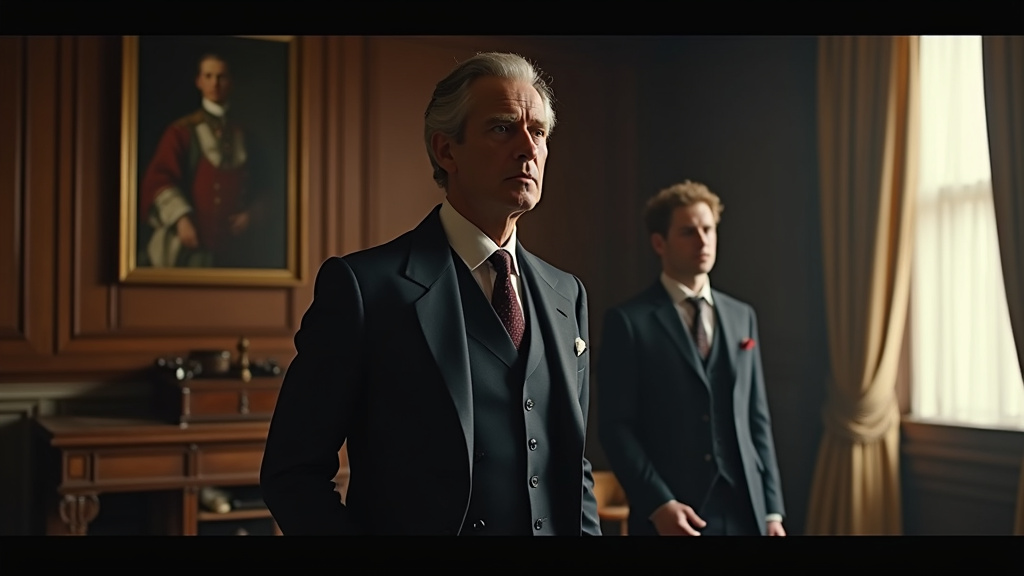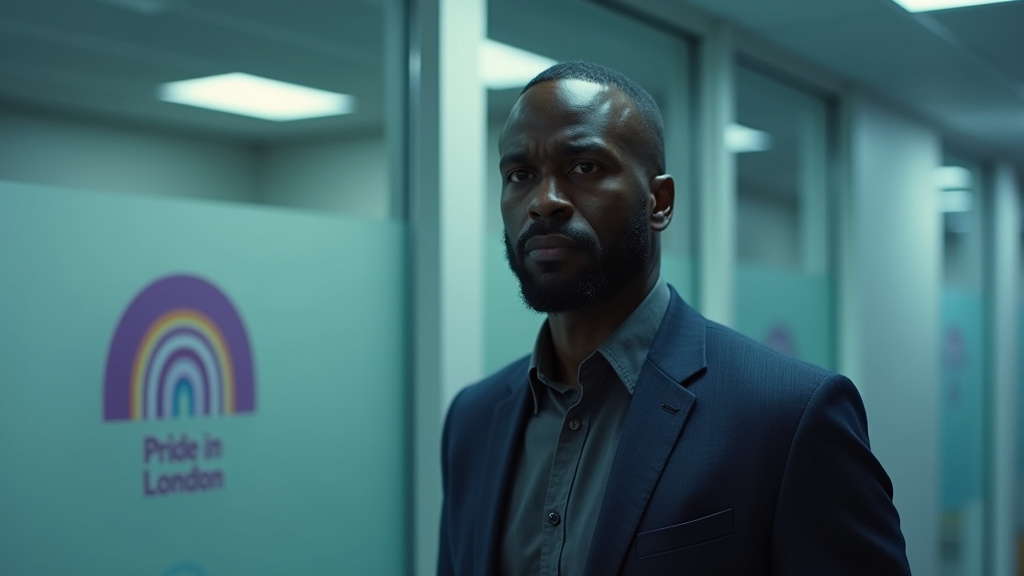Glastonbury, England – Irish-language rap group Kneecap took to the stage at the iconic Glastonbury Festival on Saturday, June 28, 2025, delivering a performance overshadowed by significant controversy. The Belfast-based trio played their scheduled set despite vocal criticism from British politicians and ongoing legal challenges surrounding one of its members.
Central to the controversy is Liam Óg Ó hAnnaidh, known by his stage name Mo Chara, a member of the group. Mr. Ó hAnnaidh is currently facing a charge under the United Kingdom’s Terrorism Act. The charge alleges that he supported a proscribed organization. This accusation stems from an incident that reportedly occurred in November 2024 during a concert held in London, where Mr. Ó hAnnaidh is accused of waving a flag associated with Hezbollah.
Mr. Ó hAnnaidh’s legal situation remains unresolved. He is currently on unconditional bail as he awaits further court proceedings. A subsequent court hearing in his case is scheduled to take place in August, according to available information. The charge and the circumstances surrounding it have thrust the group’s performance and platform into the spotlight, drawing attention from political figures and the wider public.
Political Fallout and Scrutiny
The decision by Glastonbury organizers to allow Kneecap to perform has elicited strong reactions from the political sphere. UK Prime Minister Keir Starmer publicly commented on the matter, stating that he believed it would not be “appropriate” for the festival to provide a platform for the group given the circumstances.
Adding to the political pressure, Conservative Party leader Kemi Badenoch specifically addressed the potential for the performance to be broadcast. Ms. Badenoch urged the British Broadcasting Corporation (BBC) not to air what she termed “Kneecap propaganda.” The BBC, which traditionally provides extensive coverage of the Glastonbury Festival, later clarified its position, stating that while it would not air the group’s performance live, it might consider offering it on demand through its platforms.
Beyond the specific charge against Mr. Ó hAnnaidh, Kneecap has long been a subject of scrutiny and debate due to their distinctive artistic style and lyrical content. The group has garnered critical acclaim, particularly for their role in revitalizing interest in the Irish-language cultural scene within Northern Ireland, blending traditional language with modern rap music.
Contentious Lyrics and Imagery
However, their work frequently incorporates explicit lyrics and politically charged commentary. They are known for referencing imagery and language associated with the Irish republican movement, a theme that resonates with their background but often proves provocative within the context of British politics and public discourse.
The group has faced specific allegations regarding their past actions and statements. There have been claims circulating about alleged videos showing members shouting phrases such as “up Hamas, up Hezbollah” and purportedly advocating violence against lawmakers. The band has publicly denied these specific claims, asserting that such depictions or interpretations do not accurately reflect their views or actions.
The blend of artistic expression, political messaging, and the serious legal charge against one of its members has created a complex narrative surrounding Kneecap’s appearance at one of the world’s most prominent music festivals. Their performance on Saturday, June 28, 2025, proceeded as planned, but the context of legal challenges and political opposition remained a significant undercurrent.
Artistic Expression vs. Public Platform
The debate surrounding Kneecap highlights broader questions about artistic freedom, the responsibility of public platforms like major festivals, and the interpretation of politically charged art in the face of serious legal allegations. The group’s use of the Irish language and references to republican history are viewed by some as a valid cultural and political statement, while others see it as inflammatory or unacceptable, particularly in light of the terror charge allegations and past controversies.
The decision by Glastonbury organizers to uphold Kneecap’s booking, despite the political calls for their removal or cancellation, underscores the festival’s traditional stance on providing a diverse array of artists, though it simultaneously drew the event into the political crossfire. The performance itself, while significant for the group and their fans, unfolded amidst a backdrop of national headlines and ongoing judicial processes.
As Liam Óg Ó hAnnaidh’s legal case progresses towards his scheduled hearing in August, and as the political debate surrounding the group’s platform continues, Kneecap’s Glastonbury appearance is likely to be remembered not just for the music performed on stage, but for the complex interplay of art, law, and politics that defined the days leading up to and including Saturday, June 28, 2025.





